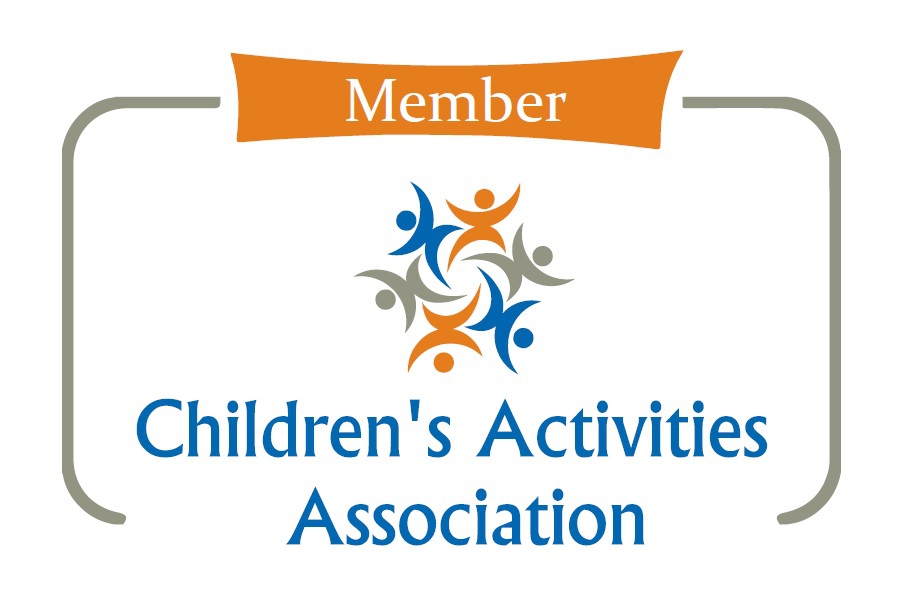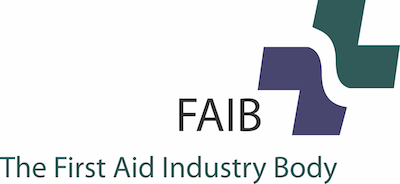We usually blog about bronchiolitis in the late autumn and winter so we were shocked when a customer got in touch to tell us their little boy became critically ill with bronchiolitis in June. It just goes to show we all need to be alert to the dangers of respiratory illness throughout the year. Over to Casper’s mum and dad, Jen and Jamie . .
“It was 8th June when Casper became poorly - he was 9 months old. He had been a bit sniffly and had developed conjunctivitis. We took him to the GP where he was checked over, and we were sent home with instructions to watch him closely for any change in his breathing.
I came home from work the evening of the 8th and Casper was asleep in his daddy’s arms. He was flushed and I could see he was working hard to breathe - I noticed his tummy was sucking in a little under his ribs.
As we were due to go on holiday, we decided we couldn’t wait to see the GP. Remembering the warning that we should respond quickly to any changes in breathing we took Casper to A&E. His oxygen levels were quickly checked and we vividly remember they were 92 – low, but not panic stations. It was then that a few things we hadn’t pieced together became clear:
· He had been really sick after a feed the evening before
· His nappies were dryer than usual
· Although he seemed hungry, he wasn’t actually that fussed about his milk
But then Casper’s oxygen levels plummeted and we were told he would need oxygen support beyond that of a simple oxygen mask - he would need to be ventilated.
That memory is very clear and was the first time we felt genuine alarm - it was unimaginable to us that Casper would need life support. We were totally shell shocked.
This meant he needed to be put into a medically induced coma in order to be intubated (with a tube running from his mouth to his windpipe) and put on a ventilator.
Our hearts were in our mouths. Ventilation went smoothly and we were then on an ambulance journey to paediatric intensive care. Once Casper was ventilated we actually felt a sense of calm - it was horrendous seeing him unconscious but we were (falsely) confident that the ventilator was pretty fail safe and he would definitely get better from here.
It was around this time we learned the pattern of bronchiolitis - that it typically gets worse until around day 5 before starting to improve. We braced ourselves for the worst.
Because you can’t sleep in intensive care, we were staying in a charity supported flat attached to the hospital when we got a phone call in the middle of the night. The sheer terror of not knowing what we were going to be told still haunts us. The ventilator was no longer supporting Casper and he was being moved to a different life support machine called an oscillator. Oscillators allow the lungs to rest whilst still being ventilated, crucial for Casper’s tiny lungs which had been struggling to cope for several days. We ran through the streets at 3am in the morning to get to our baby, not knowing what we were going to find. However, it soon became apparent that even with the oscillator, Casper’s health was still deteriorating.
The Consultant sat us down and explained that if we left Casper where he was, he wasn’t going to make it.
Their recommendation was a transfer to Great Ormond Street Hospital (GOSH) in case Casper needed to be placed on an ECMO machine, which removes blood from the body and reoxygenates it before returning to the body. There are only a couple of these machines available in the whole country. Even with the Children’s Acute Transport Service (CATS) team on hand, the transfer itself was incredibly high risk. Casper’s care had to be downgraded from the oscillator back to a ventilator for the journey and we had a 40 minute window where we ran as a team through the hospital, into the ambulance and then into the intensive care unit at Great Ormond Street.

GOSH intensive care is like nothing anyone can ever understand unless they have been there. The team were incredible and although Casper was at his most critically ill at this stage, they gave us confidence that there were still options. Casper was given alternative medication and over the following days they managed to wean him off the oscillator and back to the ventilator, without the need of the ECMO machine.
Over the next few days, Casper had problems with debilitating amounts of lung secretions so he had constant suction and baby physio to clear his lungs. But eventually they were able to turn the levels of oxygen support down until the day they decided he was ready to breathe independently.
We persuaded them to let us be next to Casper when he woke up - we wanted to be the first thing that he saw.
Unfortunately, as they tried to extubate him, his tube got stuck and we found ourselves in the middle of a crash situation - the tube not in enough to support him, but not out enough for him to breath alone.
He was rushed into theatre where he was re-intubated through his nose.
We were devastated – Casper was back to being on life support and we were terrified about what would happen the next time they tried to extubate him. They were incredibly anxious days and we remember just wanting them to keep him on life support because we felt that was safest, even though it’s a horrible limbo.
A few days later the team decided to retry extubation, this time in theatre with a specialist team on hand. Finally we had our baby boy awake again and breathing for himself. We have never felt a joy or sense of gratitude like it.
The next few days we remained in intensive care whilst they weaned Casper off his morphine addiction, developed over 10 days on life support.
We were moved to a ward at GOSH for a further week for close monitoring and Casper had a surgical procedure to “balloon” his airway as it had become so swollen and puffy from all the procedures.
When we were finally allowed to take Casper home we were overjoyed but also terrified. We knew Casper had tested positive for 3 different types of common cough and cold viruses which had led to his bronchiolitis and we were so anxious about making sure he wasn’t exposed to more germs. The advice the doctors gave us was that we would need to be cautious with Casper’s health until around 2 years of age. We kept him away from nursery and from exposure to other children, but despite that we still ended up back in hospital on another 3 occasions, including after he was 2 years old.
My key advice for other parents regarding bronchiolitis would be:
· Learn the signs of breathing distress – Casper’s tummy sucking in under his ribs was a critical sign – but also things like vomiting milk back (the body prioritises breathing over digestion)
· Act on these signs immediately and ignore anyone who says you are panicking unnecessarily
· Trust your instincts – you know your baby best
· DO NOT assume that bronchiolitis is a winter disease - this happened to Casper in the height of summer
· If your child has a cold - be mindful about exposing them to other bugs if you don’t have to
Casper will be turning 3 in September and we are finally letting him play, without us constantly worrying about him being exposed to a simple bug. He’s an absolute delight - social, confident and very friendly. We are so grateful he won’t have a memory of just how poorly he was.”
Fortunately, Casper's story is unusual, and bronchiolitis is not usually so severe. A reminder of the main symptoms of bronchiolitis:
· A runny or blocked nose
· Sneezing
· A cough which can last around 3 weeks
· High temperature of 38C
· Breathing more quickly than usual – this might also be noisy or wheezy
· Finding it difficult to feed or eat
· Being irritable
At Mini First Aid we fully echo Jen and Jamie’s sentiments to trust your instincts, and if you are concerned for your child’s health, seek immediate medical advice.
Jen and Jamie, thank you for your bravery in sharing Casper’s story and we are so relieved he made a full recovery. We hope this will encourage other parents to consider bronchiolitis even at the height of summer when it’s likely the furthest thing from our minds.
All the best, Mini First Aid xx
Sources: NHS UK
Holiday essentials
Our Travel Bundle has been especially designed for your summer holidays! Be prepared for injuries, head bumps, insect bites and more with our great value bundle, all for £40 (saving £5.94). Our bundle includes:
- our Mini First Aid Kit, containing 74 essential first aid items - voted Best Travel Product under £30 at the Mother and Baby Awards
- Tumble the Tiger instant cold pack for head bumps and sprained ankles
- Toddle Insect Repellent - 8 hour protection from biting insects
- WASuP - soothing relief for bites and stings
- Tick Twister - remove ticks before they spread Lyme disease
- CPR mask keyring - be prepared for first aid emergencies








